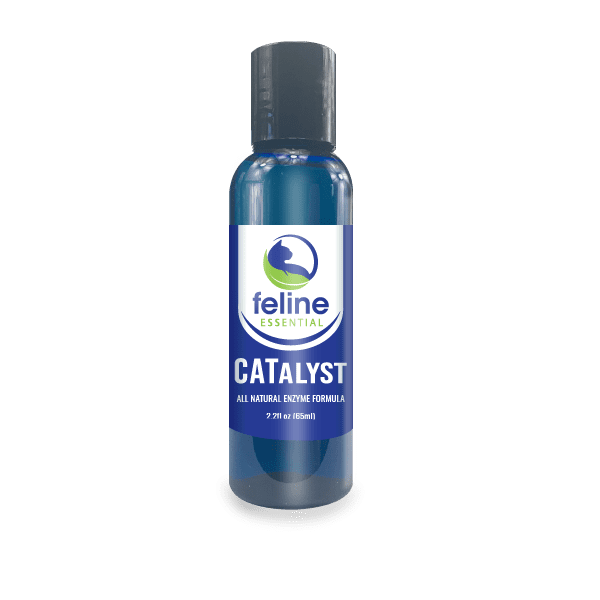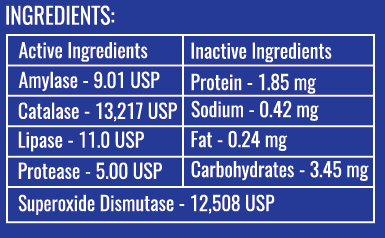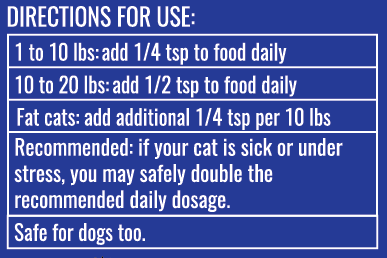Constipation in Cats
Symptoms, Causes, and Natural Remedies
Cats are known for their independent and self-sufficient nature, but when it comes to their health, they often need the help of their guardian. Constipation is a common problem that can affect cats of all ages and breeds. In this comprehensive guide, we will explore the symptoms, causes, and natural remedies for constipation in cats to help you better understand and manage this condition at home.
Understanding Constipation in Cats
Constipation occurs when a cat has difficulty passing stools, resulting in infrequent or painful bowel movements. It can be a distressing condition for both cats and their parents. To effectively address constipation in your feline friend, it’s important to recognize the signs and underlying causes.
Symptoms of Constipation in Cats
- Straining in the Litter Box: If your cat frequently goes to the litter box and strains to defecate without producing much stool, it’s a clear sign of constipation.
- Infrequent Bowel Movements: Cats typically have one or more bowel movements per day. If your cat hasn’t defecated for more than 48 hours, they may be constipated.
- Small, Dry Stools: Constipated cats often pass small, dry, and hard stools that are difficult to expel.
- Abdominal Discomfort: Cats may show signs of discomfort, such as restlessness, vocalization, or excessive grooming of the abdominal area.
- Loss of Appetite: Constipation can lead to a decreased appetite or even anorexia in some cats.
- Vomiting: In severe cases, constipated cats may vomit due to the pressure and discomfort in their digestive tract.
Causes of Constipation in Cats
Understanding the underlying causes of constipation is essential for effective management. Common causes include:
- Dietary Factors: A diet lacking in fiber and moisture can contribute to constipation. Cats require both moisture and some fiber in their diet to maintain proper bowel function. A dry food diet will make cats more prone to constipation.
- Dehydration: Inadequate water intake can lead to dry, hard stools that are difficult to pass. This is why moisture in the diet is so important.
- Hairballs: Cats that groom excessively may ingest a significant amount of hair, leading to the formation of hairballs that can obstruct the digestive tract.
- Obstructions: Foreign objects, such as string, rubber bands, or bones, can obstruct the intestines, causing constipation.
- Medical Conditions: Underlying medical issues like megacolon, a condition where the colon becomes enlarged and loses its ability to contract properly, can result in chronic constipation.
Natural Remedies for Constipation in Cats
Managing constipation in cats often involves a combination of natural remedies and lifestyle changes. Here are some effective natural remedies to help alleviate constipation:
1. Dietary Adjustments
Increase Fiber & Moisture: Adding fiber to your cat’s diet, like canned pumpkin (unsweetened) or psyllium fiber, can offer help for constipation in cats. In addition, feed your cat more moist food than dry kibble.
2. Digestive Eliminatives:
Coconut Oil: Organic, cold pressed coconut oil can help lubricate the digestive tract & stool, making it easier to pass. 1/2 tsp of coconut oil per day either added to the food or fed from a spoon works well.
4. Regular Grooming
Brush Your Cat: Regular brushing can help reduce the amount of hair your cat ingests, preventing hairballs and potential obstructions.
5. Increased Activity
Exercise: Engage your cat in interactive play to encourage movement, which can stimulate bowel movements.
6. Stress Reduction
Minimize Stress: Cats can become constipated due to stress. Create a calm and comfortable environment for your cat.
7. Probiotics & Digestive Enzymes
Digestive Supplements: Probiotics can promote healthy gut flora, aiding in digestion. Digestive enzymes help cats to break down the food and hair that they ingest, making it easier to process through the digestive tract.
Remember that if your cat’s constipation persists or worsens, it’s important to consult your veterinarian. They can perform a thorough examination, provide an appropriate diagnosis, and rule out any underlying medical conditions contributing to the issue.
In conclusion, constipation in cats is a common problem, but with the right care and attention, it can often be managed effectively using natural remedies. Paying close attention to your cat’s diet, hydration, grooming, and overall well-being can help ensure a happy and healthy feline companion.
Recommended Product for Constipation in Cats
CATalyst Antioxidant Enzyme Formula – 4 oz
An all-in-one, Grade-A supplement that helps support your cat’s joint function, immune system, digestive health, kidney health, skin & coat as well as free radical reduction. Our powerful Liquid Antioxidant Formula helps optimize the whole health of your fine feline very quickly!
100% MONEY BACK GUARANTEE!
Key Ingredients: Lipase, Amylase, Catalase, Protease & Superoxide Dismutase
2-4 month supply – depending on cat weight & bottle size purchased.
Purrfect for:
- Joint Support
- Arthritis
- Immunity Support
- Digestive Health
- Shedding / Skin & Coat
- Pancreatitis
- Diabetes
- Hyperthyroidism
- Feline Hyperesthesia Syndrome
- Inflammation
- And Much More!
$46.95
In stock (can be backordered)
You Might Also Be Interested In ...
Top 5 Benefits Of Coconut Oil For Cats
Coconut oil is known for its many health benefits for people - but what can it do for cats? Aside...
The Most Common Reason Cats Get Constipated
When cats get constipated, most pet parents don't think about why they're stopped up. However,...
4 Tips If Your Cat Is Constipated
When your cat is constipated it's no fun for them - or for you. We have a kitty that is prone to...


